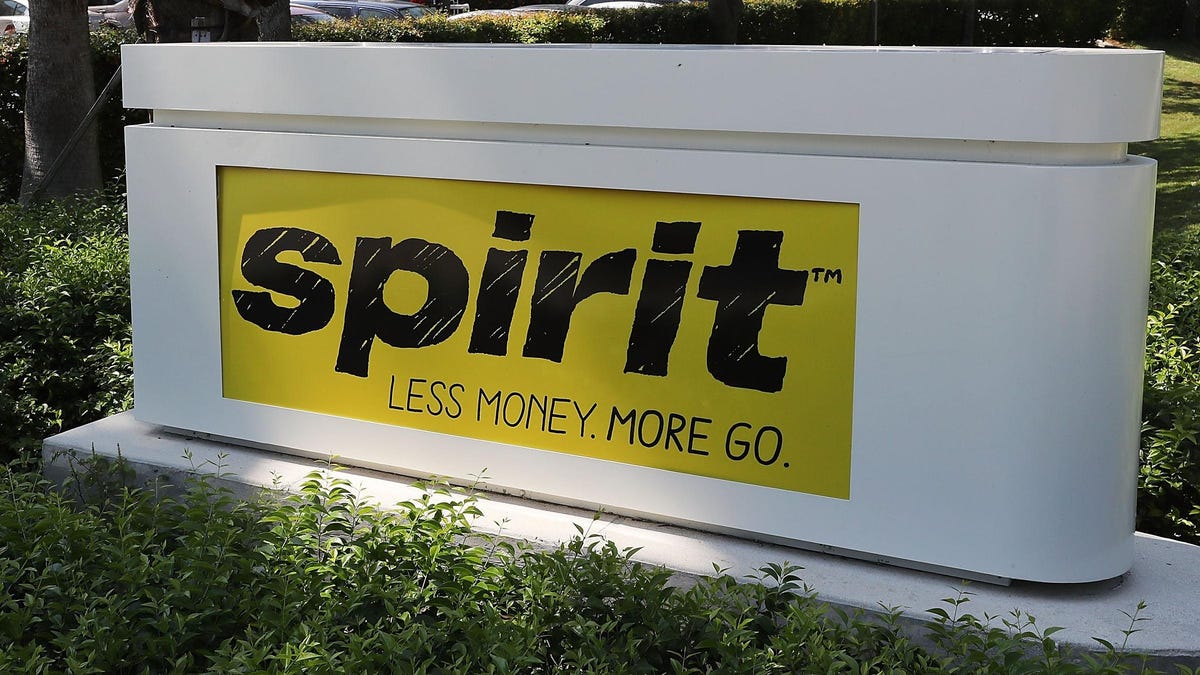Spirit Airlines Leadership Perspective on Failed JetBlue Airways Merger
Spirit Airlines CEO Ted Christie maintained a poised and composed demeanor when discussing the failed merger with JetBlue Airways during the company’s recent earnings call. Despite the disappointing outcome, Christie expressed optimism from the carrier’s new headquarters in Dania Beach, Florida. He emphasized the decision to proudly showcase the airline’s signature yellow branding, indicating a forward-looking approach to the future.
Reflecting on the thwarted $3.8 billion deal that was halted by the Justice Department on antitrust grounds, Christie addressed the missed opportunity for industry consolidation and the potential challenges faced by smaller carriers like Spirit and JetBlue. He raised concerns about the concentration of profits among a select few legacy airlines, highlighting the competitive landscape that presents obstacles for smaller players.
While initially indicating intent to challenge the court ruling that blocked the merger, both Spirit and JetBlue eventually withdrew from the proposed deal. Christie acknowledged the divergence in shareholder decision-making, noting the shareholder preference for JetBlue’s takeover offer over competing bids. Despite reservations about the outcome, he emphasized acceptance of the final decision and a commitment to navigating the future independently.
Christie’s strategic mindset focused on moving forward from the failed merger, emphasizing the need for rapid adaptation and resilience in the face of industry challenges. He underscored the importance of agility and innovation in driving Spirit Airlines’ growth trajectory post-merger fallout, signaling a determined approach to advancing the company’s position in the market.
Challenges and Opportunities Ahead for Spirit Airlines
As Spirit Airlines charts a new course following the dissolution of the JetBlue merger, the airline industry awaits the company’s strategic moves in response to evolving market dynamics. With a renewed focus on operational efficiency and competitive positioning, Spirit aims to carve out its niche in the fiercely competitive aviation landscape.
- Assessment of Market Competition: Christie’s assessment of the market landscape sheds light on the competitive challenges faced by smaller carriers in a market dominated by legacy airlines.
- Strategic Resilience: In the aftermath of the failed merger, Spirit’s leadership underscores the importance of resilience and adaptability in navigating the shifting sands of the airline industry.
Overall, Ted Christie’s leadership stance reflects a blend of pragmatism and optimism as Spirit Airlines prepares to chart a new trajectory in the post-merger era. By leveraging innovation, strategic partnerships, and operational excellence, Spirit aims to strengthen its competitive position and redefine its place in the aviation marketplace.
Image/Photo credit: source url





